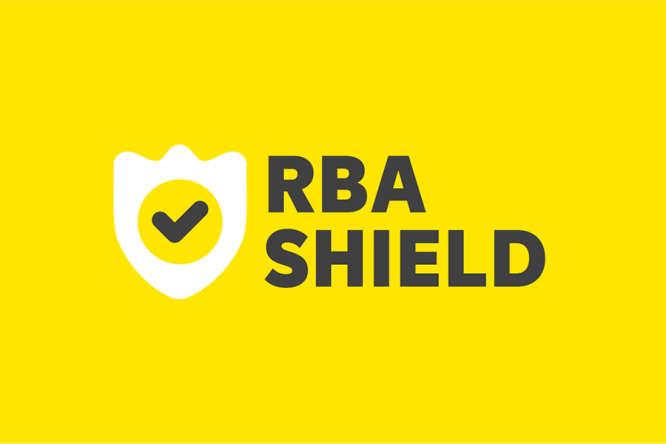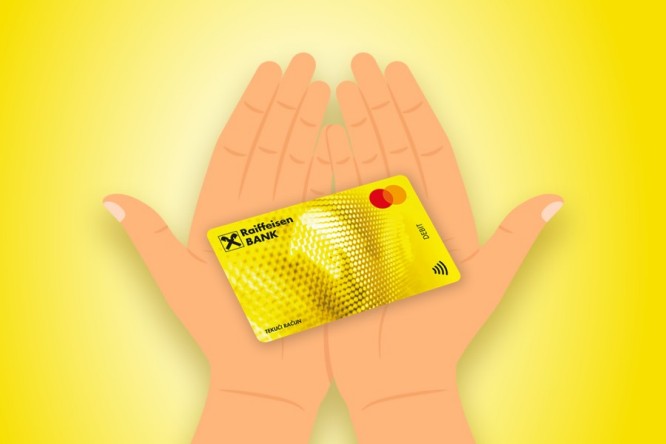
Cyber Security Awareness Program Phishing
Sudden opportunities for inheritance or easy earnings that come from suspicious addresses or numbers should only be seen as a reason to smile – because princes truly belong in fairy tales.
However, every day there are more ways in which scammers try to “catch” their potential victims, so while some messages seem completely meaningless, others are very convincing.
Phishing is a process through which scammers attempt to obtain sensitive information such as usernames, passwords, credit card details, codes generated by tokens for online banking login, transaction authorization for online banking and additional authorization for card transactions.
Scammers attempt to access sensitive data by sending fake e-mails, SMS messages, WhatsApp messages or messages through other communication apps that appear to be sent by legitimate organizations.
How do phishing messages look like?
Messages often look like they come from banks, delivery services or post offices, state administration services such as the Tax Administration, popular social networks, well-known retail chains or online sales and purchase sites.
A fake website looks almost identical to the real one regarding the address and content. However, the URL in the address bar is different. When a user enters their details on a fake website, the information is sent to the owner of the fraudulent site, who then misuses it for their financial gain.

What are the most common examples of phishing?
- Misrepresentation
Scammers impersonate employees of existing organizations (such as your company's IT department, customer service or the technical support of service providers like operating system manufacturers, online stores, etc.) claiming they need your sensitive information to perform routine tasks, protect your computer/phone from malicious software or clean your device from viruses or other malicious software.
- False “server unavailable” message
Scammers try to scare you by saying: “If you don’t provide your personal information by the end of the week, your account will be blocked,” or that your current service will be disabled.
- Urgency
Scammers always urge you to act urgently, warning that if you don't respond quickly, you will face harm or miss out on an opportunity.
- False purpose
Scammers claim the need to improve identity theft protection systems: “If you want to protect yourself from identity theft, click the link and enter your username and password.”
- False customers
Scammers send an offer to buy the item you've advertised and ask for your information that they need to pay the funds (such as the CVV/CVC code on the back of your card or the codes generated by your token).
- False prize games of famous commercial chains.
- Fake profit from cryptocurrencies.

How do phishing messages most often arrive?
- SMS
- Communication apps (WhatsApp, Viber, etc.)
- False pop-ups
- Ads
In addition to e-mails and messages (SMS, WhatsApp, Viber, etc.), scammers can also contact you by phone.

How can you protect yourself from the malicious activities of scammers?
Access e-mail attachments and links with special caution (check carefully the real sender and the destination of the link they are sending you to).
Do not click on unknown links received from an unknown sender.
Always access internet banking pages directly (by entering the address in the browser) and not via link in an e-mail.
Do not share sensitive and confidential information that only you have access to (e.g., personal data, PINs, login codes, transaction authorization codes, token codes for additional card transaction authorization, etc.) via phone, e-mail, SMS, WhatsApp messages or messages from other communication apps.
Do not install remote access applications (e.g., Anydesk, TeamViewer) on your computer/phone at the request of an unknown person through a phone call, e-mail or message. The operating system manufacturer will not contact you to remotely clean your computer of malicious programs.
Always question the authenticity of information such as being told you've won a prize in a contest you never entered, being notified of cryptocurrency gains after not trading for some time or being offered luxury goods at an unbelievably low price.
If it's too good to be true, then it's not true.
Do not fall for scams that appear as sudden opportunities for easy money (such as cryptocurrency, inheritance, prize winnings or exceptionally low prices for luxury goods that are usually expensive) – these are often signs of fraud.

Do not fall for false help calls:
- from false soldiers and doctors from war areas,
- from false terminally ill, but rich individuals,
- from false profiles on social networks that build a relationship with you for months in order to ask you for money to escape from the area where they live, help a child, have surgery or something else.
Find out more about achieving cyber security
Through the cyber security awareness program called RBA Shield, you will learn how the bank protects you and the ways in which you can protect yourself from online attacks and fraud attempts.

Ovaj sadržaj je isključivo odgovornost Raiffeisenbank Austria d.d. i ne odražava nužno mišljenje Europske unije.


